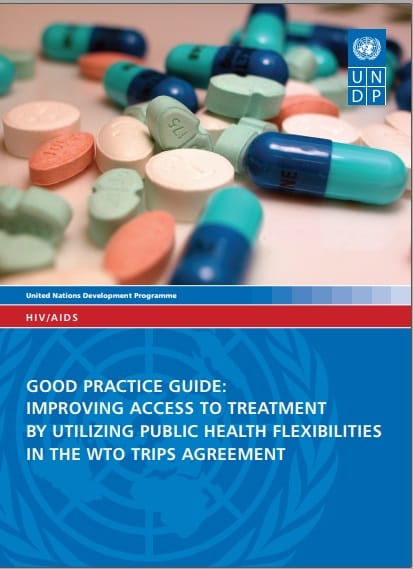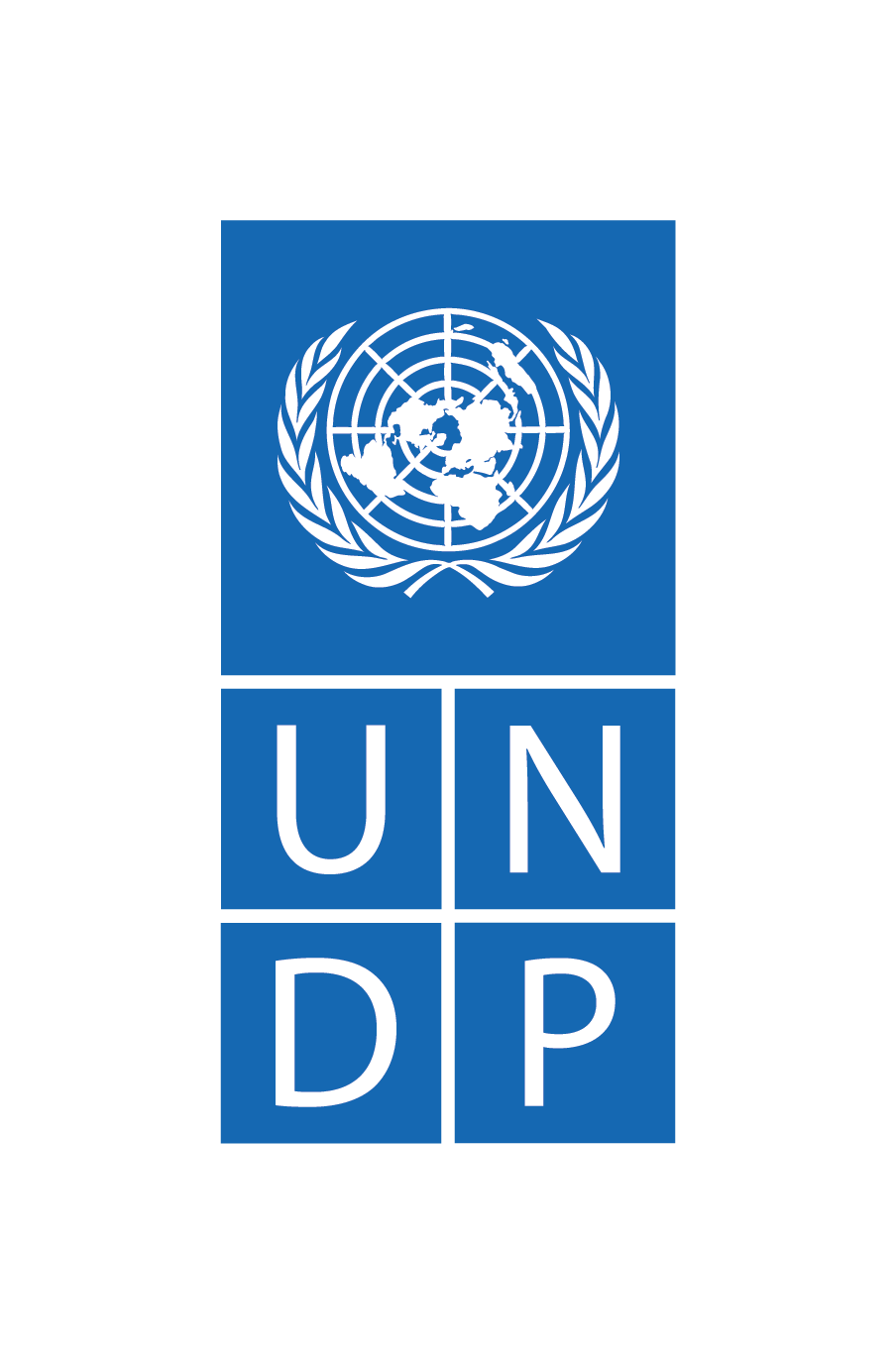Policies and regulations enabling innovation and access to essential health technologies
Purpose
Policies, laws and regulations have a direct impact on innovation and access to essential health technologies. National, regional and global policies, laws and regulations can be designed and implemented to promote policy coherence and enhance both research and development and access to essential vaccines, medicines, diagnostics and other health technologies.
“Governments should strengthen national level policy and institutional coherence between trade and intellectual property, the right to health and public health objectives by establishing national interministerial bodies to coordinate laws, policies and practices that may impact on health technology innovation and access.”
United Nations (2016). Report of the United Nations Secretary-General’s High-Level Panel on Access To Medicines
The COVID-19 pandemic has further revealed the significance of enabling policies and regulations for equitable health access. It has seen a vast increase in urgent legislative action to control and reduce the pandemic. Well-designed laws can help build strong health systems, evaluate and approve safe and effective drugs and vaccines, advance human rights and enforce actions to create healthier and safer public spaces and workplaces.
UNDP’s approach
UNDP provides support in low- and middle-income countries to conduct assessments and create enabling policy, legal and regulatory environments to influence access to essential medicines and other health technologies. This includes by convening comprehensive and multisectoral reviews of policies, laws and regulations that affect health technologies, disseminating best practices and providing advisory services and technical assistance as needed. UNDP draws on networks of expertise, including for health policies, laws and regulations relevant for ministers of health and regulators of medicine and other health technologies, competition and intellectual property authorities and other relevant authorities and stakeholders.
Through partnerships such as the Access and Delivery Partnership and the Global Health Innovative Technology (GHIT) Fund, UNDP supports both research and development and access to new health technologies for malaria, tuberculosis and other neglected diseases in developing countries. UNDP specifically supports the building of national capacities for enabling legal, policy and regulatory frameworks for the introduction of new health products for these diseases.
Access and Delivery Partnership: ensuring the safety of the new malaria vaccine in Ghana and Malawi
A powerful new tool in the global fight against malaria has the potential to save millions of children’s lives. After decades of development, malaria vaccines offer huge promise in combating one of the world’s oldest diseases. RTS,S is the first malaria vaccine to demonstrate significant reductions in malaria deaths among young children in a large-scale trial. Through an ongoing pilot roll-out programme assessing the vaccine’s efficacy and evaluating its safety, the global health community is one step closer to controlling malaria in sub-Saharan Africa and around the globe. Read more
UNDP works closely with the World Health Organization and other United Nations agencies on the development of knowledge products and guidance to increase innovation and access to health technologies. Several publications have been developed to guide countries to adopt and develop national policies, laws and regulations to increase access to affordable quality-assured health products. See more under key resources below. Collaboration has also included joint efforts to inform the establishment of strong legal frameworks that promote health equity in countries’ management of the COVID-19 pandemic, including through the creation of the COVID-19 Law Lab.
The work performed by UNDP in policies and regulations is integrated into the national strategic plans for the pharmaceutical sector and the laboratory networks established by the countries’ ministries of health. Procurement of medicines and other health technologies is performed by UNDP in compliance with national laws and regulations.
Examples
Case study: developing enabling laws for access to medicines
UNDP has supported countries in the Asia-Pacific region and in Eastern Europe and Central Asia to develop national medicines policies and bring together government officials and stakeholders from different sectors around a common approach. In Myanmar, important legal provisions were added to a new draft intellectual property law to ensure access to affordable essential medicines and greater public participation. In Cambodia, technical support was provided for the drafting of a law to enable the government to secure affordable life-saving medicines. In Eastern Europe and Central Asia, UNDP has provided advisory services on access to essential medicines. In Kyrgyzstan, UNDP supported a patent law reform to include an agreement on trade-related aspects of intellectual property rights-related public health flexibilities. UNDP has also advised on access issues in Kazakhstan, Moldova, Tajikistan and Ukraine. UNDP released a comprehensive analysis of the regulatory framework of 11 countries in the region, including registration and licensing of HIV medicines to promote sustainable financing of national HIV responses.
Learn more: United Nations Development Programme (2014) Legal and regulatory frameworks for antiretroviral medicines and treatment in selected countries of the Commonwealth of Independent States. A Sub-regional Analytical Report including Belarus, Kazakhstan, Russia, Tajikistan, and Uzbekistan
Reforms to promote access to health technologies in South Africa
UNDP helped countries build the necessary capacities to drive the reforms needed to improve access to health technologies. In South Africa, UNDP has supported work included in the country national strategic plan on the pursuit of the law reform recommendations to enable the right to essential and life-saving medicines. Among other activities, UNDP has supported a study on policy options available to South Africa through the reform of three interrelated areas of law affecting access to essential medicines: patent, competition and medicines law.
Learn more: United Nations Development Programme (2013) Using Law to Accelerate Treatment Access in South Africa: An Analysis of Patent, Competition and Medicines Law
Key resources

Patent Information and Transparency: Searches on Essential Medicines in Developing Countries
United Nations Development Programme
PDF

Using Competition Law to Promote Access to Health Technologies: A Guidebook for Low-and-Middle income countries
United Nations Development Programme
Website

Policy Brief: Using TRIPS Flexibilities to Improve Access to HIV Treatment
Joint United Nations Programme on HIV/AIDS, United Nations Development Programme, World Health Organization.
PDF

Good Practice Guide: Improving Access to Treatment by Utilizing Public Health Flexibilities in the WTO TRIPS Agreement
United Nations Development Programme
PDF


Guide to Global Fund Policies on Procurement and Supply Management of Health Products
The Global Fund
The Global Fund policy related to compliance with international and national laws, including on aspects related to access to health technologies.
PDF
Pharmaceutical pricing policies:

WHO Guideline on Country Pharmaceutical Pricing Policies
World Health Organization
World Health Organization (WHO) has developed a guideline to assist national policy-makers and other stakeholders at the country level in identifying and implementing policies to manage pharmaceutical prices.
PDF

Medicines Affordability and Pricing
World Health Organization
Additional WHO guidance on the pricing of medicines can be found on this webpage
Website
Transparency, intellectual property and competition law:

Intellectual Property and Trade
Information related to WHO’s work on intellectual property, including that related to commissions and intergovernmental working groups established within the WHO governance system.
Website
Further to the above, several United Nations agencies have been developing resources on intellectual property and access to medicines, which might be found on their websites: United Nations Development Programme UNDP, Joint United Nations Programme on HIV/AIDS -UNAIDS, United Nations Conference on Trade and Development – UNCTAD, UNITAID, World Intellectual Property Organization – WIPO and World Trade Organization – WTO.



